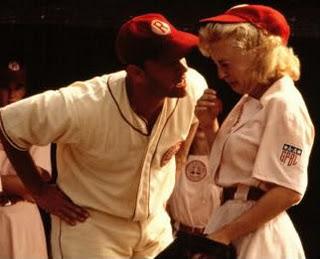
Not always the best method to address a problem.
For a coach or teacher, the purpose of the criticism is to get the player or student to recognize that they are doing something wrong and therefore begin to correct their behavior, attitude, or anything else that needs adjusting. Because you don't really know how the person is going to take the criticism, sometimes a little diplomacy can go a long way.There is a strategy I use frequently in the classroom and also with players if there is a behavior I'd like to see corrected. It starts with giving the young person the benefit of the doubt in terms of their intensions. There are, in fact, times when a person is sending messages through body language that they do not intend to send. For example, a student may give every indication that they are lazy. The way they sit at their desk, their slumped shoulders, and their overall appearance may be screaming "I' don't care about this at all."
To a teacher and especially a coach, the common instinct may be to lash out and reprimand the person immediately to change their behavior. However, calling out anyone, especially in front of their peers, can result in that interaction spiraling downhill pretty quickly. Even if the kid respects you enough to keep his mouth shut, his defense mechanisms will in many cases prevent him from hearing what you are saying. He is too busy thinking up a response to defend himself.
Knowing this, here is another method that tends to work well. Start by saying something like, "I don't know if you mean to do this but you are sending some strong signals that you couldn't care less about what we are trying to do here. Is that the message you really mean to send me?" After that, just pause and listen. In every single case, the student or player says "No."
There are a few reasons why this works well.
- You are letting him save face especially if his peers can hear.
- You are clearly sending the message you don't approve of the behavior you see
- Some players really don't know how their actions appear to others who are watching.
- You can keep your foot out of your mouth.

